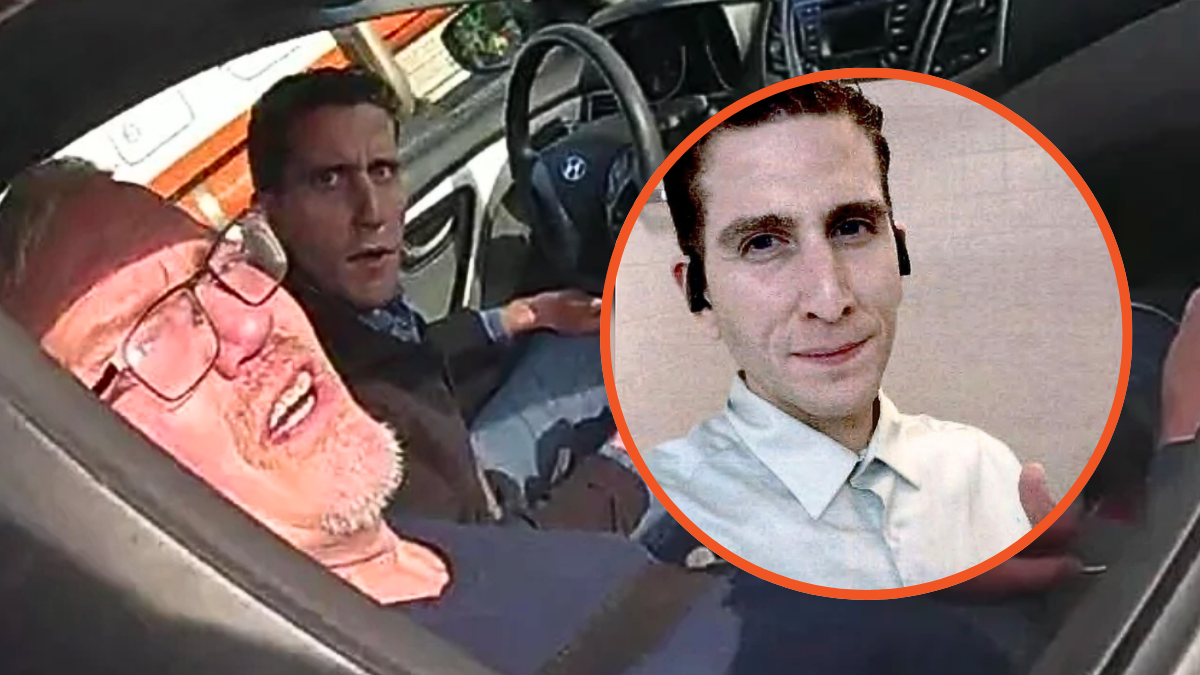
In a shocking courtroom twist, Bryan Kohberger has officially pleaded guilty to the murders of four University of Idaho students.
The former criminology PhD student admitted to the killings of Kaylee Goncalves, Madison Mogen, Xana Kernodle, and Ethan Chapin. Prosecutors and Kohberger’s defense finalized the deal only weeks before the trial.
Kohberger will now serve four consecutive life sentences, plus ten years for burglary. There is no possibility of parole. And he gave up his right to appeal.
During the hearing, he answered “yes” to every question. That included the judge’s blunt query: “Are you pleading guilty because you are guilty?”
The deal spares him the death penalty. But it does not spare the families from pain—or unanswered questions.
Evidence presented at the plea hearing
Where is it then
— tommy referral (@Sonicflash3) July 2, 2025
Prosecutors detailed the overwhelming case against him. Investigators found DNA that matched Kohberger on a knife sheath at the crime scene. Cell phone data placed him near the house in Moscow, Idaho, around the time of the murders. Surveillance video also showed his white Hyundai circling the area.
One of the most damning pieces of evidence came from his own Amazon history. He bought a military-style KA-BAR knife and sheath in the weeks leading up to the killings. Police found that exact sheath beside one of the victims.
Yet the knife itself—the murder weapon—stays gone. NewsNation senior correspondent Brian Entin broke the news online. In a post on X, Entin wrote: “Knife has not been recovered, prosecutor says.”
Entin is a trusted voice in national crime reporting. Entin covered the case from the beginning, often breaking major updates before anyone else. His comment sent shockwaves through social media. The idea that the actual knife used in one of the most horrifying crimes in recent memory has vanished? That’s chilling.
Why the missing knife matters
Up until now, the absence of the weapon created doubt. Forensics experts say the blade could have contained vital DNA. Blood, tissue, fingerprints—potential goldmine evidence is gone.
Without the knife, the motive remains clouded. Investigators still don’t fully understand why Kohberger targeted these specific students. The missing weapon adds to that mystery.
The families, already devastated, now face even more questions. They won’t get to confront the object that ended their loved ones’ lives.
Some relatives believe the plea deal was rushed. Others feel robbed. Without the knife, they say, the story remains incomplete.
What led to this shocking plea?
Maddie Mogen's father and his family issued a statement supporting the plea deal in Bryan Kohberger's case and thanking the prosecution for their dedication.
— alex brizee (@alex_brizee) July 2, 2025
Her family also asked the public to do an act of kindness this week so "a glimmer of Maddie's light may live on." pic.twitter.com/7J9g9DGLoI
Kohberger was arrested in Pennsylvania in December 2022. Investigators linked him to the crime through DNA, surveillance footage, and phone records. He had previously pleaded not guilty. His defense argued for a venue change, citing overwhelming media attention.
The trial was set to begin in early August 2025. But over the weekend, prosecutors struck a deal with the defense. That deal was finalized in court on July 2. The timing blindsided the public—and even the judge.
Sentencing hearing set
Kohberger’s formal sentencing is now set for July 23 in Boise. Families will be allowed to give impact statements in court. For many, it’s the only opportunity to speak directly to their loved ones’ killer. Judge Steven Hippler will issue the final punishment that day.
Though Kohberger has confessed, the missing knife continues to cast a shadow over the entire case. It’s the final piece of the puzzle—and it’s still out there.
The knife that never appeared
Authorities confirmed Kohberger purchased a KA-BAR fixed-blade hunting knife. This type of knife is known for its size, power, and use in military operations. He bought it online. Prosecutors tied that transaction directly to the crime. The sheath showed up at the scene. But the blade? Gone. That single detail haunts the case—and may haunt the families forever.







